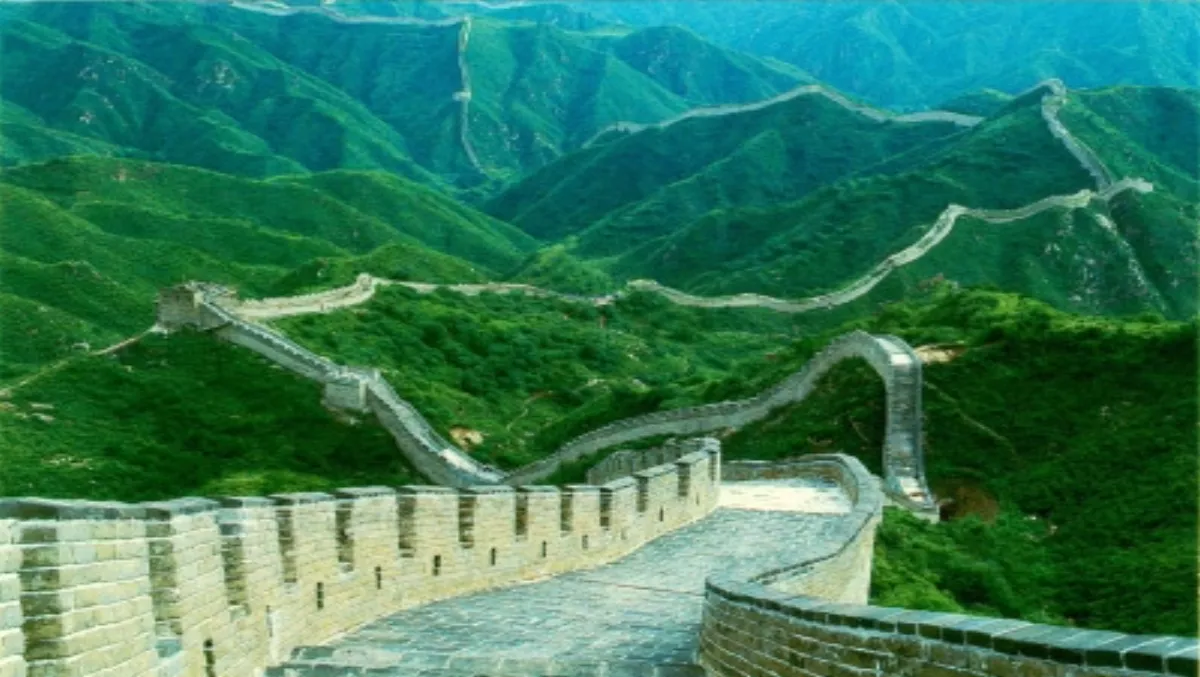
China set to dominate fibre deployments
China will soon dominate fibre to the home deployments (FTTH) and become the global leader in the next two years, according to the FTTH Council Asia Pacific.
In a report just posted on the Council’s website it ranks the economies with the highest penetration fibre to the home/building + LAN. With just 1.9% household penetration, China squeaks into the rankings - but it represents the highest number of subscribers on FTTB with 7.3 million.
“China is aggressively ramping up its FTTB deployments with some FTTH and is expected to be number one in the world in total subscribers within the next two years,” the report says.
The telco industry in China is dominated by three major telecoms; China Telecom, China Unicom and China Mobile. China Telecom, which has 80% of FTTx installations, recently announced an investment of $(NZ) 1.2 billion in Shanghai in the next two years on a 100Mbps metro optical network. It expects to have 750,000 subscribers for its FTTH service by the end of the year, and three million by the end of 2011.
Despite the enormity of the fibre projects that exist or are underway in Asian countries such as China, South Korea and Japan, as well as Malaysia (the government there has just awarded a $NZ 4.7 billion project to Telecom Malaysia for a FTTH rollout) the Council is keen to recruit New Zealand members to its organisation.
It held a general meeting in Auckland last week, where is sought to recruit local members to join the 59 companies that have already signed up. Currently there is just one member registered as being from New Zealand - BKtel communications GmbH.
Vice president Benjamin Raboul, who is based in Shanghai where he works for Alcatel Lucent, describes the FTTH debate in New Zealand as “very nascent” but he says the Council are impressed by the government’s willingness to invest in FTTH. “Our market is very fragmented so we have the unique challenge in APAC to mange this diversity,” he says. “It’s good for a country like New Zealand to see all this of diversity of experience, of culture, of geography , of background and for us to come here and share the experience.”

